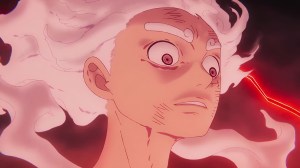This year, the Tribeca Festival is really getting into video games in a big way. As with all things Tribeca, the goal seems to highlight fascinating storytelling and the intersection of art and innovation within video games. That includes, but is not limited to, a number of world premiere demos, an outdoor performance of songs from Red Dead Redemption 2, and the first-ever Tribeca Games Award. Ahead of the event kicking off this week, ComicBook.com spoke with Tribeca Games vice president Casey Baltes all about how the selections were made, why the big push this year, and what Tribeca hopes to accomplish.
Videos by ComicBook.com
It is worth noting that eight different video games are official selections as part of Tribeca Festival 2021. That includes Harold Halibut, Kena: Bridge of Spirits, Lost In Random, NORCO, Sable, Signalis, The Big Con, and Twelve Minutes. These titles range in notoriety with perhaps Kena: Bridge of Spirits being the most highly anticipated of the bunch, but part of being a Tribeca Games selection means getting to introduce a massive audience to official, highly organized demos with scheduled times. Before Tribeca Festival 2021, it’s possible there are a few of these that hadn’t been on folks’ radar, but after? That seems unlikely.
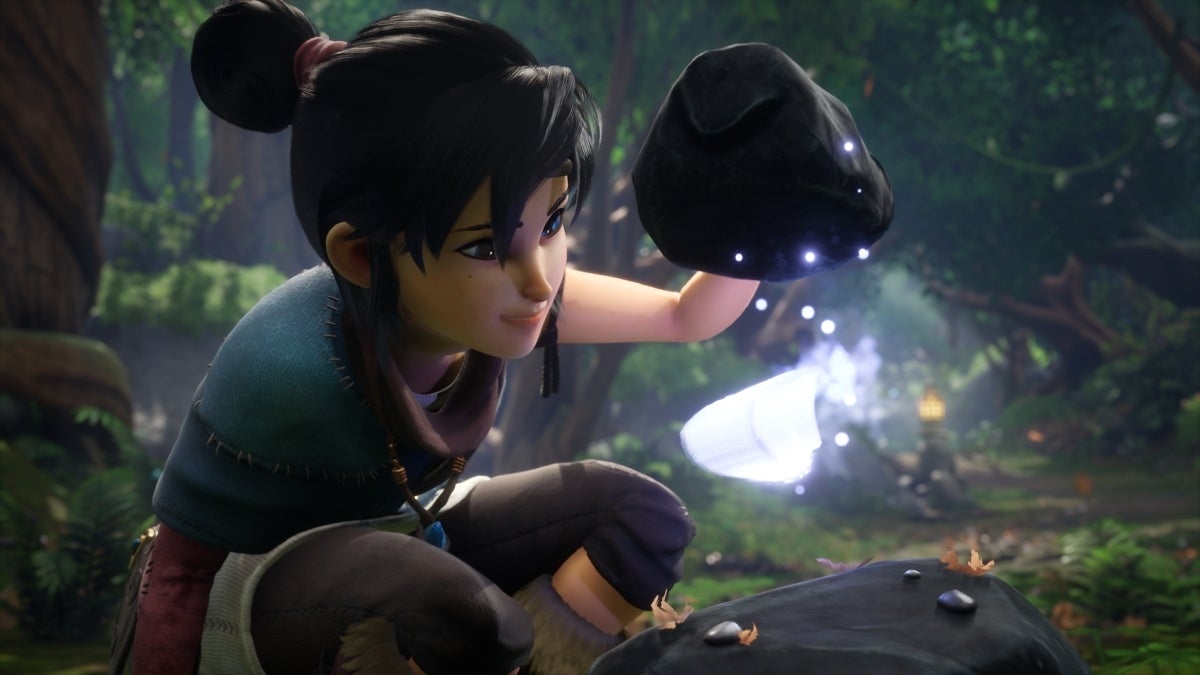
“From the beginning, Tribeca Games set out to elevate the art and story of games and to create something different from pre-existing games festivals. We’ve worked for a number of years to have a full-blown games competition, highlighting the talent and voices from the industry holistically,” said Tribeca Enterprises and Tribeca Festival Co-Founder and CEO Jane Rosenthal as supplementary commentary to ComicBook.com’s interview. “With the advent of games as Official Selections this year, we’re focused on the creators, the process, the storytelling and the intersection between games, entertainment and culture and we expect our support of games to grow even further in the coming years.”
Keep reading to check out our full interview with Baltes, which has been lightly edited for brevity and clarity!
On Tribeca Games
ComicBook.com: Tell me a little bit about Tribeca Games.
Casey Baltes: Tribeca Games is an initiative, or rather a section, of Tribeca Festival, where we really celebrate the artistic excellence and innovation and storytelling in video games. We have a number of sections at the festival, mainly probably most known the film side, but also podcasts, TV, immersive interactive, and then we’re also very proud to include video games as well.
On Why Now for the Tribeca Games Award
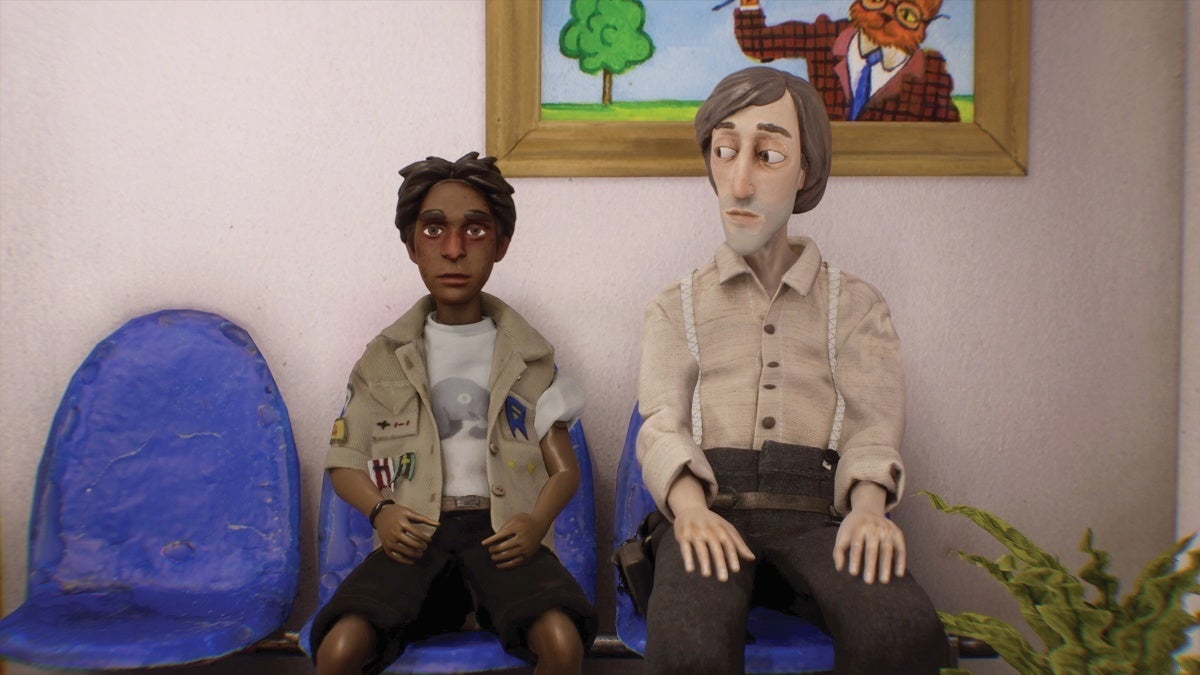
This is not the first time that Tribeca has had video games, but it is the first time that the Tribeca Games Award has existed, correct?
That’s correct.
Why now? Why this year?
Well, it definitely wasn’t a light decision. We’ve been sort of building to this over the course of 10 years. The first year we had video games included in the festival was 10 years ago, 2011, with LA Noire named as the first official selection, singular. Since then, really also making sure that we are building the house brick by brick to be able to include video games properly and in the way that we wanted to. I think that 10 years from that first inclusion really allowed us to take the necessary steps to be able to expand in this way.
On How Games Become Selections
Can you tell me a little bit about how a game gets nominated for the Tribeca Games Award?
Oh, for the award itself, all of the selections, all of the eight selections, are eligible for the award. If you are selected, you are automatically in that running, shall we say, for the award. The award will be reviewed or adjudicated by a jury that we will be announcing at a later date. That jury will ultimately determine the singular award.
Well, in that case, how does a game get into the selection then? How does someone go about seeking a nomination? Is it Tribeca looking at what’s out there?
Well, first and foremost, in the fall, and usually in the fall we open submissions for all of our selections across the board. In October, I believe, of last year we opened submissions for games. At that point, any game can submit. There’s eligibility requirements, but we highly encourage all types of games to submit.
At that point, a team of programmers, including myself, takes a deep dive into playing the builds and looking at the games to make the selections. Up to the point where we are able to announce the selections, which happened fairly recently, and then leading into the awards, which is during the festival.
On How Games Make the Cut
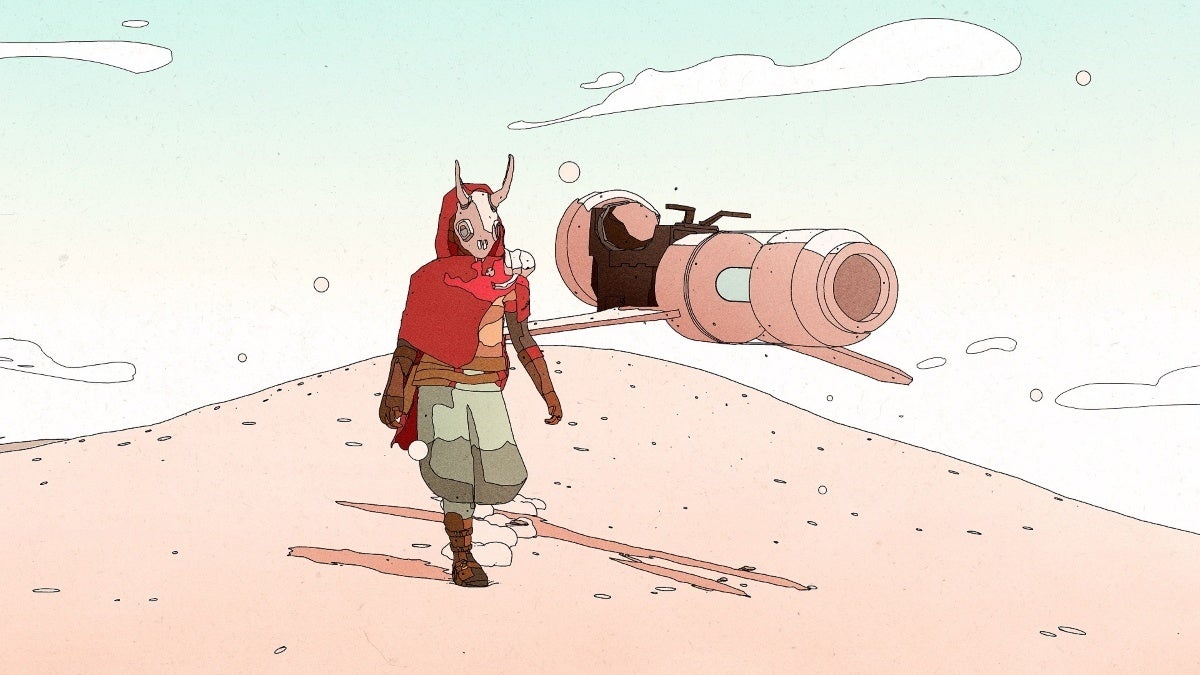
How does a selection make the cut? What is it about these games, as opposed to the other submissions?
I think we look at a range of things. The broad criteria for eligibility was a game that has never been released before, so that the game essentially would have its playable premiere at the festival. Each game had to submit a demo or a slice that we were then able to experience. Then, just in terms of the lens for which we look at these games, because our DNA really lives in storytelling, we’re looking at that artistic excellence in storytelling from the get-go, but we’re also looking at it in the broadest range possible.
We did spend a fair amount of time trying to message to say, “Don’t exclude yourself from submitting just because you don’t think your game is on the nose with story,” because there’s so many ways, especially with video games, that story can unfold. Namely, also, with the player interaction. How is the player really bringing the story to life, or interpreting the story, or telling the story themselves through the very nature of the interactivity?
I think that’s the very broad specific lens for which we look at selecting, ultimately, the eight.
Right, because for games specifically, there’s a lot of unique modifiers to the word narrative, like emergent, player-driven. It could really be anything. So basically, as long as it had some sort of storytelling, some sort of narrative to it, it was available to potentially be a selection?
Yes, exactly. As I said, we look at storytelling in that broadest sense, so world-building really is sort of the character development and how they’re exploring the human nature, what the game is trying to say.
On Learning by Doing
This year, with the Tribeca Games Award — the biggest push for games at Tribeca so far, obviously the festival hasn’t happened yet, but what are you learning as you’re working through potentially looking at next year already?
Well, this is a different year for multiple reasons.
Right. Yeah.
One of the most fascinating things about, I think, this year is that we, especially with this new section, is that there wasn’t necessarily a blueprint for which we fell back on. We couldn’t necessarily say, “Oh, we’ve done this before. This is how we will do this in the future.” Also, even with games events. It’s, “Oh games events are doing it like this, so let’s do it like this.” It was a really great opportunity, actually, to be able to reinvent or really craft how we would showcase the games, to some degree even with the teams included, and understanding what their goals for the games might be, coming into launching the game or being in mid-development, understanding their questions, their concerns, and their goals, and to be able to weave that in as much as possible.
So, this year really, I think, is a reflection of our capability to do that and also listen to the teams. I think that has been one of the best moments to be able to take that gem and move it forward into the future.
On It Just Being Time for Tribeca Games
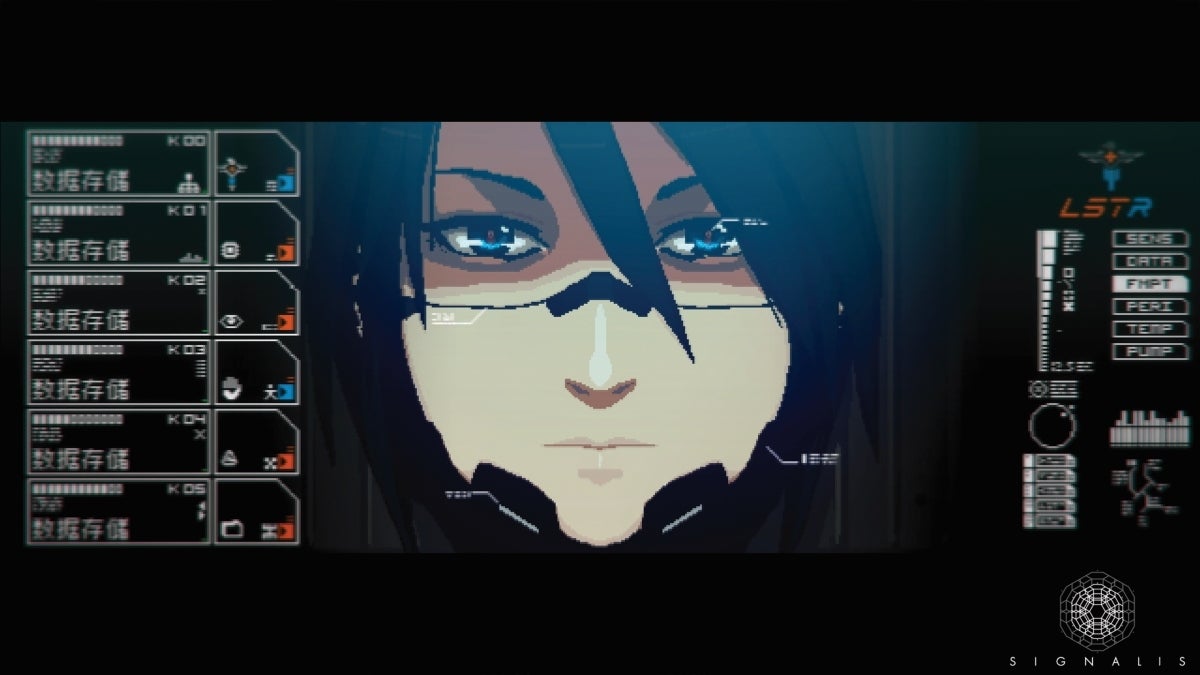
Obviously this is a big new endeavor, but launching it in a year of a pandemic, any regrets there, or do you think now is the time, like this is the time to put these games in a serious way in Tribeca?
Well, I think we’d never had the moment of, “Let’s launch games in the middle of a pandemic. Let’s launch our expansion in the middle of the pandemic because that’s the best time.” I think it was the time. It was the time to do it and regardless of a pandemic, I think we wanted to be able to do this. The questions around, “Should we or should we not,” the answer was always, “We should.” Whatever else is going on in the world, I think we’re ready, we’re excited, and whatever challenges may come our way due to circumstances related to the pandemic, we’ll overcome. As I said I think in the answer before, it actually brought to life a lot of really positive relationships and positive ways to re-envision how you might do something.
On the Response to Nominees and Success
You talked a little bit about how bringing this to life, you were looking at how other events were handling things and maybe you didn’t have your own blueprint and they didn’t really have a blueprint for how to work that into Tribeca. What do you think of the response to the nominations and how you’re handling this and all this stuff?
I didn’t know what to expect. I think, just because it was a first and we are doing this in a pandemic, I have been humbled, actually, and pretty honored by the responses from both, I think, the creative team and the coverage that we’ve had. It is very much, because we’re probably all at home doing this solo, you live in a bit of an echo chamber. So, to just see the sense of, I think, validation and positive response to the hard work and the efforts has been really rewarding so far.
What do you consider success for this program in its first year in this unusual time?
I think success for Tribeca is to really be able to become — to be a voice in the industry and to these creators and to establish ourselves as a potential home. I think we are introducing ourselves, in many ways, with this format. The goal is to really do it with ultimate respect. So, the real feedback and goal is to really receive that, both from the industry and creators and say… Since we look at games as art and these creators as artists, we ultimately want to respect how we showcase it and how they feel they’ve been treated or the game has been treated, throughout that process because of its nature of being sort of works of art on our end.
On June Being June and DNA
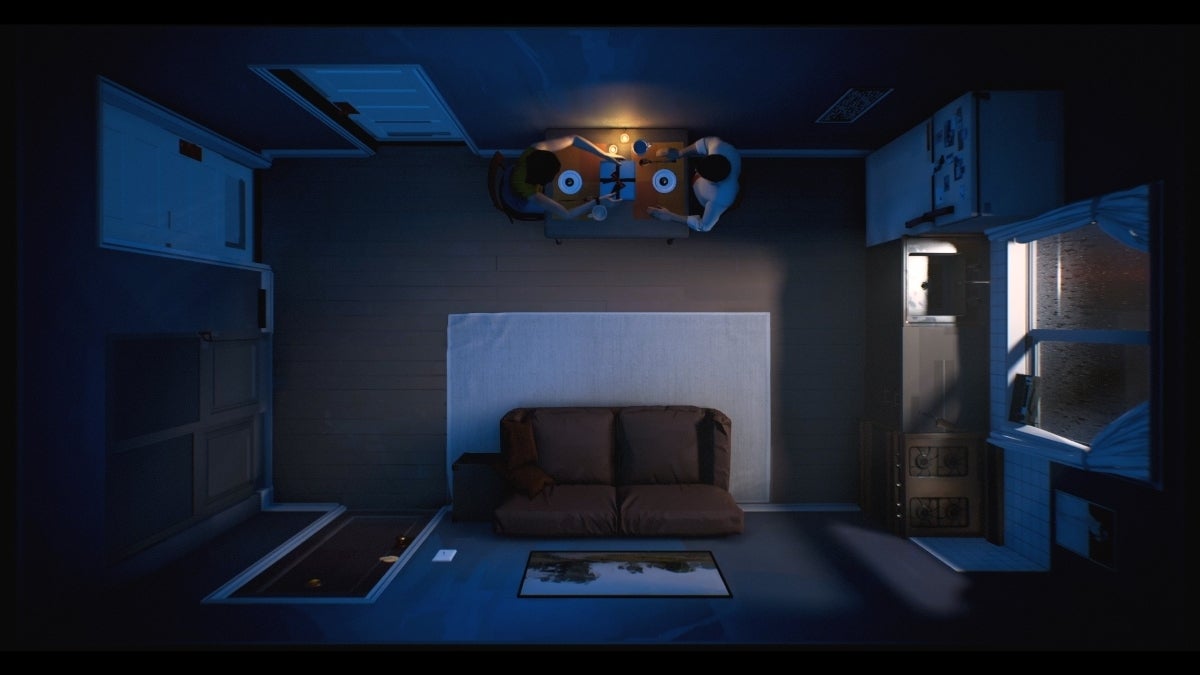
Was there ever any concern, when pulling the festival together, butting up against other gaming events? Obviously, June is very packed. We’ve got Summer Game Fest, we’ve got E3, we’ve got individual publishers and developers. Was this just like, “Oh, great. Everyone’s ready for this. This is our time.” Or was there any concern about that at all?
There was less of a concern and just more of an awareness. I think we’re all aware of the calendar and wanting to make sure, strategically, we’re looking at all of these aspects. I think that, from the get-go, we never wanted to set out to be like any other game event or to try to compare ourselves in any way. For better or for worse, we are who we are. Our DNA is pretty strong in a very specific way, and so I think what we wanted to try to do is at least come out differentiating ourselves and creating a real stamp of identity.
I think that definitely comes across in the selections, at the very least. Obviously, there’s a lot of word-of-mouth stuff — Harold Halibut was very popular on Twitter and people are very excited for Kena, but a lot of the other selections are kind of all over the map, creatively speaking.
Yeah, and we love that too. I think that aspect is like — each game is vastly different in style and play. At least in this first year, we wanted to be able to show that range of both style, artistic style, and storytelling in the eight games that we have.
On All of the Above
Is there anything else you would like to add about Tribeca Games, about the selections, anything at all?
I really think that what this expansion has allowed us to do this year… that, really, the official selections are symbolic to us in that we do get to add that element of discovery to the festival this year. Our long history of, for the past 10 years, of being able to highlight and showcase has been wonderful, but I’m particularly excited about really being able to bring creators, it’s their first-time game. Having our audiences discover them, Tribeca audiences who have been to the festival before, having the game audiences discover them for the first time, as well as the industry.






